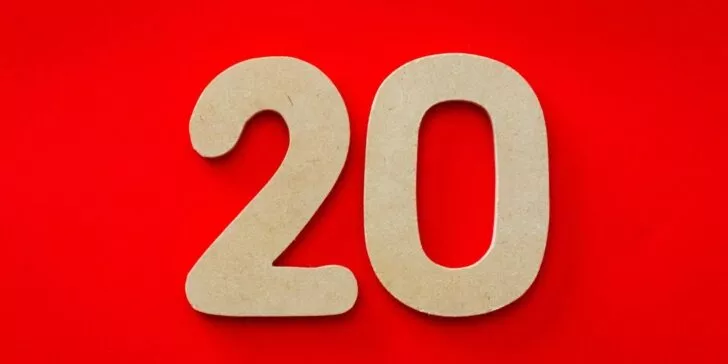After explaining what this next phase of treatment was, it was suggested to me to post the whole shebang here, for anybody else who might be curious. Here goes.
Background…
Normally, your brain produces Thyroid Stimulating Hormone (TSH), that – as it says on the tin – stimulates your thyroid to use iodine to produce two other hormones, T4 and T3, which go out into your body and regulate your metabolism. I don’t have a thyroid anymore, so I take T4 every day (Synthroid). It keeps my metabolism up and keeps my brain from sending out TSH, because my brain sees everything working well and chills out on the TSH production.
This latter part is important because from now on any thyroid cells in me, including thyroid cancer cells, need to be dormant and not stimulated. That’s why my TSH needs to be almost nothing, like 0.1, instead of within the normal range of 0-3. For the rest of my life I need to be almost hyperthyroid – it’s called suppresion therapy.
Now, though, for the radioactive iodine (RAI) to work, I need any leftover thyroid cells riled up and wanting to go to work, and I simultaneously need them starving hungry. So I stop taking T4, so my brain goes overboard sending out TSH to try to get something to happen – and I go on a very low-iodine diet, so there’s none of what they need to work. That way, when I take the radioactive iodine, they’re super-ready to suck it up. That way it’ll concentrate on those cells and not get absorbed by other parts of me that could get damaged by it.
So over the next month I stop ingesting T4 and anything containing iodine (anything from the sea, anything with iodized salt, dairy, red coloring – those are the biggies). This should prep me perfectly. A newer way is to get a shot called Thyrogen, which artificially spikes your TSH while allowing you to keep taking Synthroid. There isn’t a lot of data on Thyrogen in tall-cell papillary thyroid cancer, so my doctors and I agree that this is the better way to go.
Withdrawal – “going hypo” – is apparently unpredictable. Fatigue, aches, tingling; brain fog and slowed reflexes; changes in hair, skin, mood; constipation; cold sensitivity; weight and appetite. Quite severe changes or extremely mild symptoms – there’s no way to tell. My doctor had one patient (a breast cancer survivor) who had a TSH of 140 and no symptoms. So I’ve decided not to have any either. I’m going for 150 with no symptoms. Similarly, the RAI can be entirely asymptomatic or you can get sore, nauseous, or lose salivation and taste. I’ve decided not to have any of those either.
Background
First post – diagnosis
Update 1 – the plan / fear
Update 2 – giving blood
Update 3 – post-surgery
Update 4 – the other half of the time
Update 5 – summer is icumen in
Update 6 – grossly unremarkable


Comments are closed.